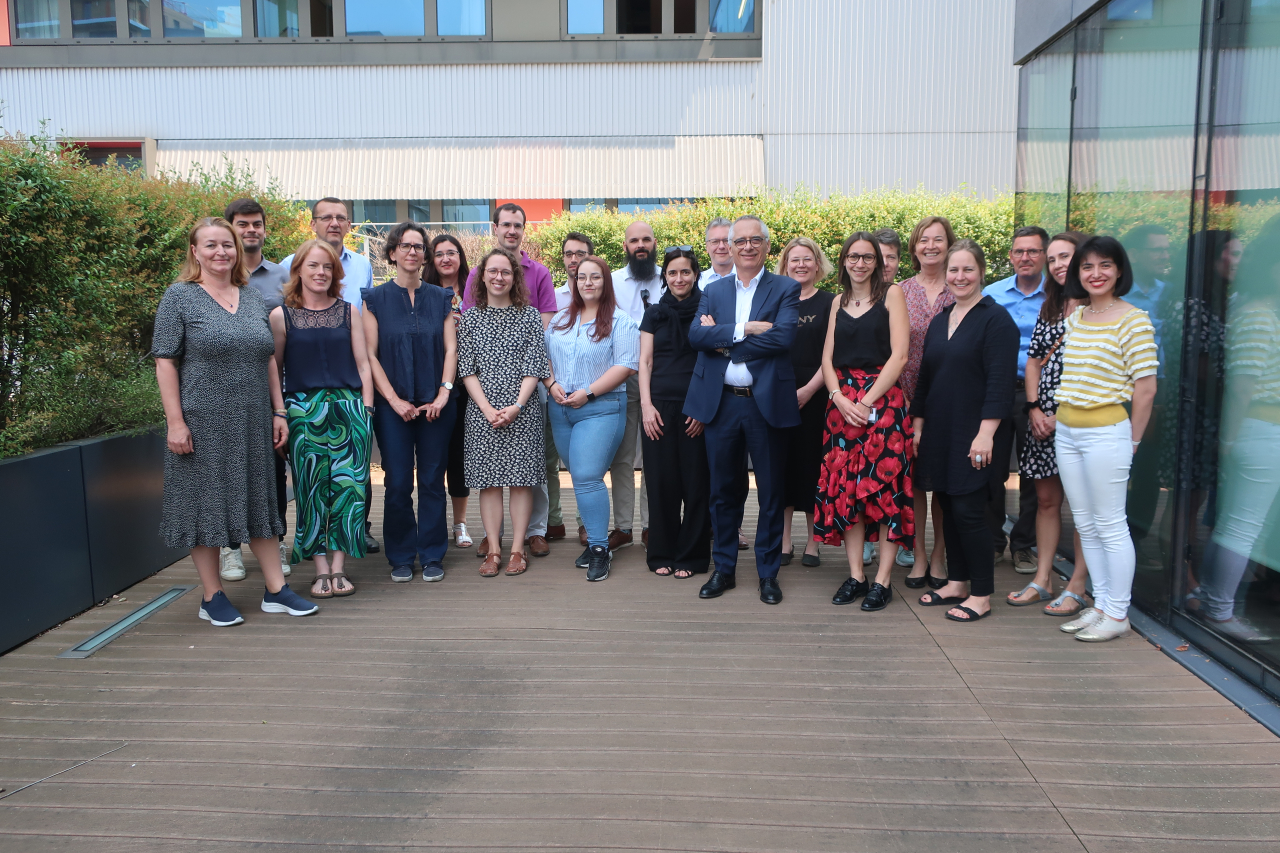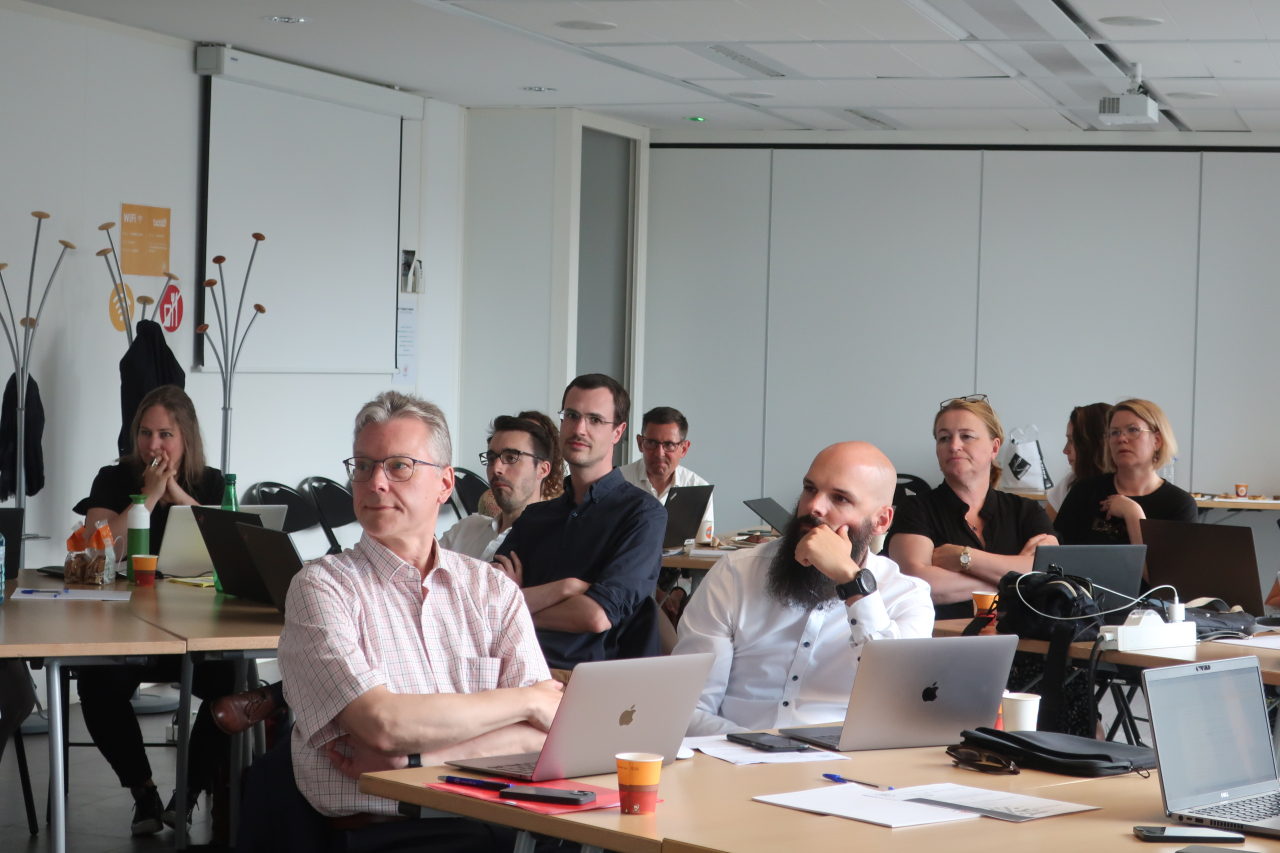Evaluation, International
Hcéres hosts the 2023 edition of the Quality Audit Network (QAN) meeting
Published on

The QAN, network created in 2008 around European agencies involved in institutional evaluation/audit, occupies a special place in the quality assurance galaxy, largely because of its informal nature. As Maria Bonnafous-Boucher, Director of the Europe and International Department (DEI), pointed out at the opening of the seminar:
All our agencies meet regularly in other events and networks, notably those organised by ENQA and the Bologna Follow-up Group, but QAN has a real added value because it deals with concrete issues. […]The key word that seems to capture the essence of the QAN is peer learning.
The choice to deal specifically with the subject of evaluation frameworks reflects a desire to get closer to the methodological issues being addressed by the agencies: which areas should be evaluated? How should evaluation criteria be formulated? Should they be adapted to the diversity of higher education institutions? Evaluation frameworks are an essential tool in evaluation, and whether they are expressed as a series of questions or a list of minimum criteria to be met, they reflect the great diversity of approaches within the European higher education area.
For example, in contrast to the holistic evaluation that includes research, as practised by Hcéres through the integrated approach presented by the Department for the Evaluation of Institutions at the seminar, the Nordic countries propose evaluation procedures that focus on the institutions' internal quality assurance system. Beyond Europe, African standards based on the African Standards & Guidelines offer an example of frameworks that are both based on international standards and structured according to national priorities, as Abdou Lahaté Cisse, technical coordinator of the Senegalese agency ANAQ-SUP, who was invited to close the first day of the seminar, explained.
The second part of the seminar, devoted to the revision process of evaluation frameworks, provided an opportunity to discuss best practice in stakeholder consultation, echoing the day held at Hcéres on the 20th of June. A variety of formats, involving a wide range of stakeholders, were discussed: students, alumni, experts, ministries, but also foreign counterpart agencies. With this event, Hcéres is once again adopting a reflective approach to its own tools and practices, based on the sharing of experience with its counterparts.




